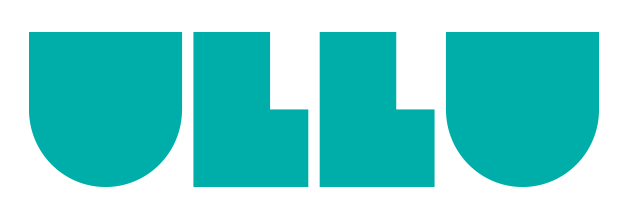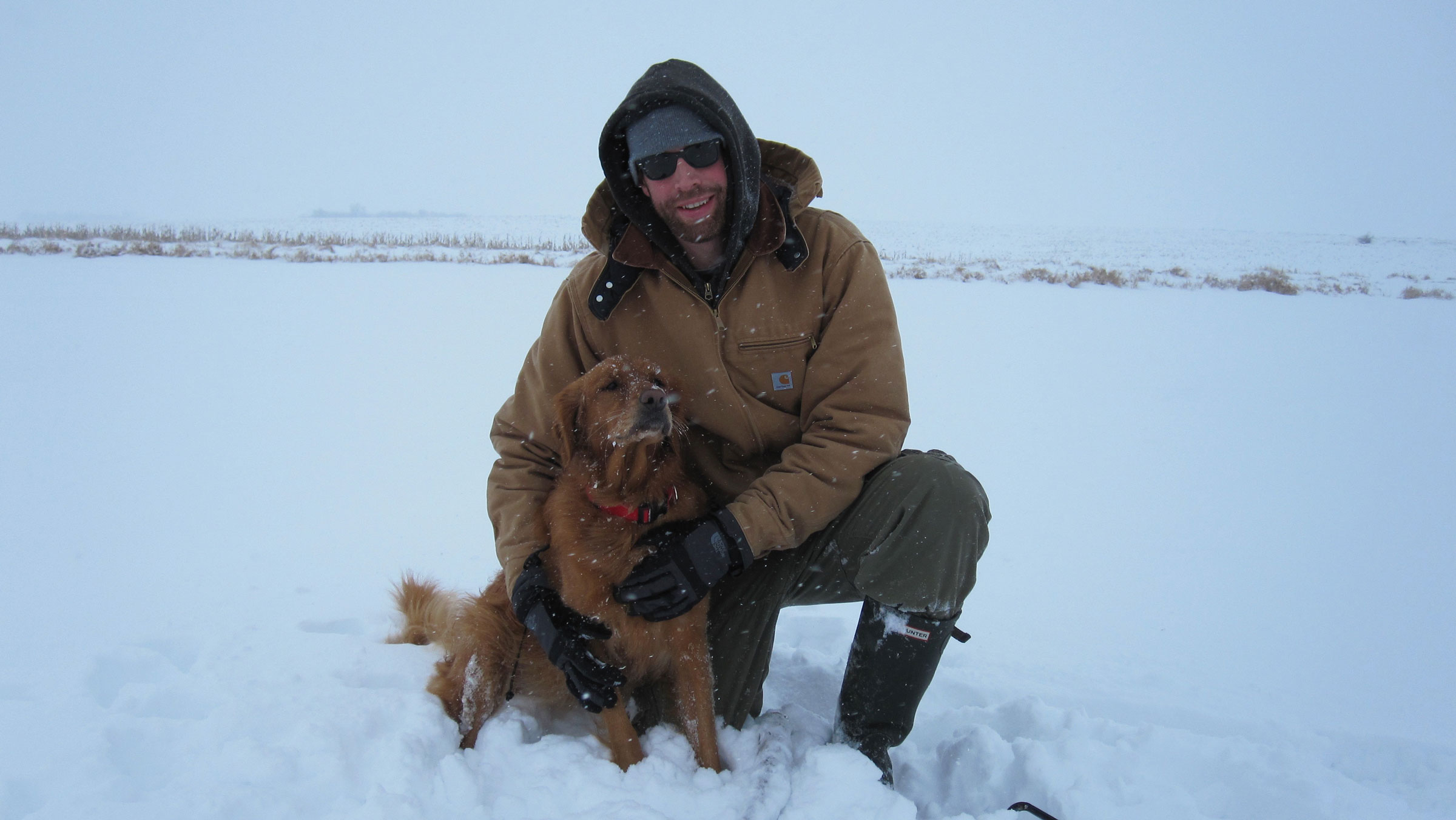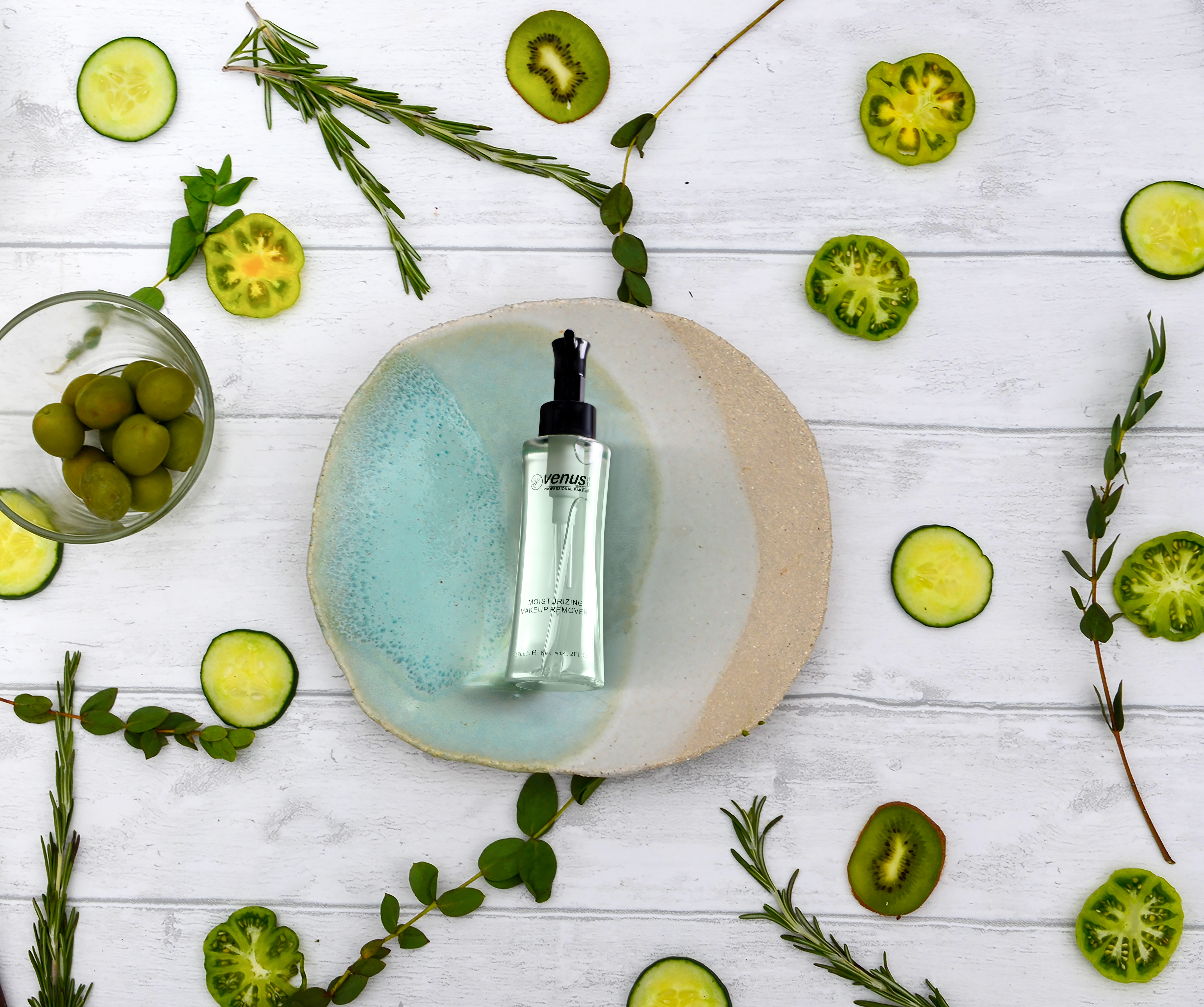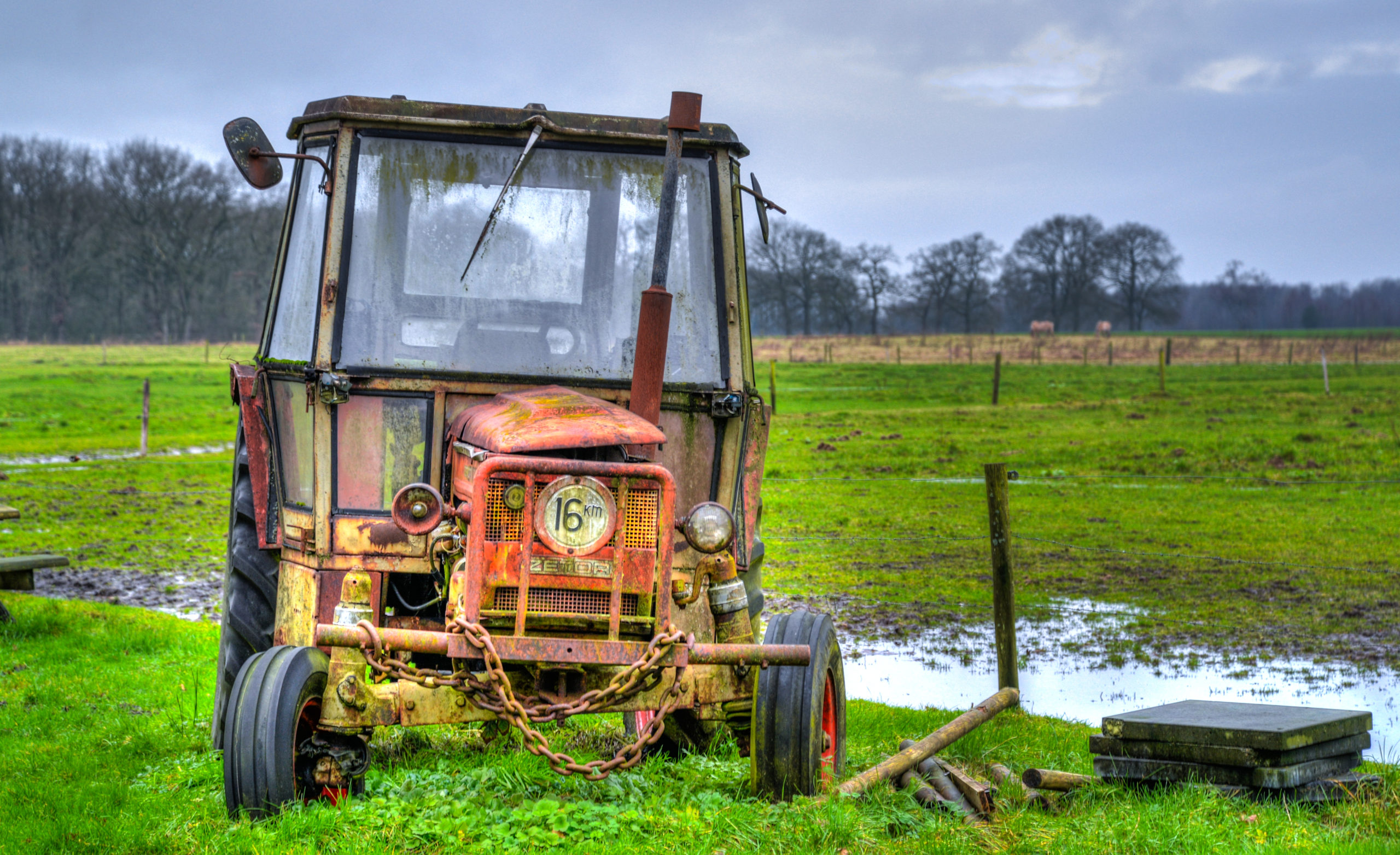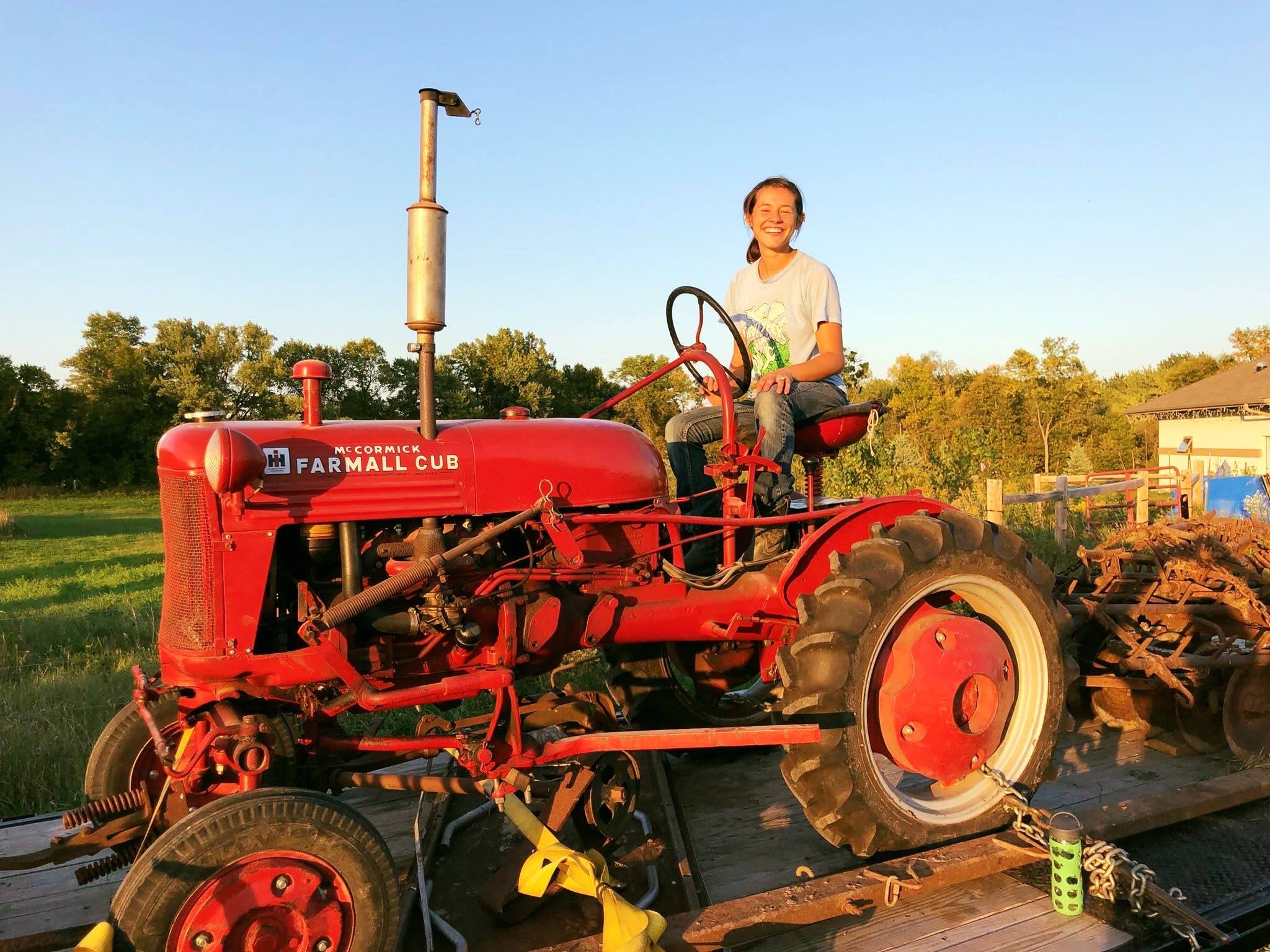From rural Iowa to the heart of Minneapolis: This is my climate journey
I grew up in a very rural part of Iowa—where some of the richest soil in the world drives a strong agriculture-based local economy. And, like a lot of kids, my first part-time jobs were on some of those farms. In my downtime, though, it’s on the water where you’d find me—boating and fishing on Okoboji or one of the many other lakes in Northwest Iowa. My grandparents fished, my parents fished, as did my brother and I. It’s how we spent time together as a family, how we stayed close.
Today, I’m a tech entrepreneur living in the heart of Minneapolis and, despite my move to the city, my strong connection to the land and wild spaces I love remains.
So, now, as I think about the impact of our volatile weather—how farm fields are being flooded and putting farmers, like my brother, in dire situations, it’s clear I have to do something. And, as I consider how warming conditions will impact the fish that were so central to my favorite childhood memories, I realize I have to play my part.
That said, coming to my own understanding of the climate challenge took me a little while.
Understanding the climate challenge
My school celebrated Earth Day—that was back in the 90s—and I remember talking about the importance of being globally aware, of being mindful of the impact we have on the planet.
Yet, when I heard about climate change for the first time, I didn’t get a sense of impending doom. I was young, and there was a lot less public consensus about it at the time. I mean, science was backing it up, but it wasn’t really part of the public consciousness.
Dialing into my own climate understanding? That took a few years; it was a slower burn for me, I’d say.
The 2012 presidential election was my tipping point. That’s when climate change became a very hot topic—when it bubbled up in the media regularly, and I couldn’t help but pay attention.
So, while I never distrusted climate science, I would say I was slow to recognize the urgency it required. For me, that was a process.
The question? What to do next.
I’ve witnessed conversations drive big change
Back in 2012, I volunteered and phone banked for Minnesotans United for All Families and the ‘Vote No’ campaign. That’s when I discovered how powerful a conversational approach to creating change could be—the same approach that ULLU will take.
I must have called hundreds of people, and not once did I have a horrible experience. The reason: The conversation framework emphasized listening, asking questions, finding common ground, and sharing the reasons the issue was important to me. It created an opening for thoughtful discussion.
There were plenty of questions, of course, but the no-shame method in which we engaged gave people the comfort they needed to ask them. They didn’t have to feel intimidated or worry they were asking a “dumb question,” because we were starting from a place of agreement and respect.
In the end, that conversation campaign made all the difference in the world.
Of course, in today’s climate (no pun intended), it can sometimes feel like finding common ground is an impossibility. There’s a lot of name-calling going on—coming from all directions—and that doesn’t get us where we need to go.
What the climate challenge needs right now is for us to find a way to talk with one another–to find solutions together.
That’s what ULLU will do, and I’ve seen how effective it can be. Sure, it may sound simplistic, but it works. Conversation can bring people together—even people you might not expect.
Finding that common ground
The latest business I’ve started, Omnia Fishing, helps folks find and source fishing tackle specifically tailored for their favorite lakes and streams. As that company launched, we were fortunate to partner with Sportsmen for the Boundary Waters—a nonpartisan group that works to preserve and protect the Boundary Waters Canoe Area Wilderness.
One of the things that fascinated me most about that experience was how united people were in their desire to protect the Boundary Waters—despite their political differences. Sometimes conservation gets labeled as a liberal thing, but that’s not what I see when I talk to people up there. There’s a purity of that place, of going up there and experiencing it, that has always resonated with folks and brought them together.
And, that’s a way that I can begin a climate conversation with virtually anyone who’s ever been there—by starting with our mutual appreciation for that wild place and our desire to protect it.
The doors to climate conversation are there for all of us—farming, families and children, sports, travel—they just need to be opened.
Making climate-smart choices
While conversation will be crucial to solving the climate challenge, I also know my own choices can impact our climate for the better, too. So, I do what I can to live in a climate-smart way.
How so?
When I’m living in downtown Minneapolis, which I do for six months of the year, I take advantage of the city’s walkability and Light Rail whenever I can. Metro Transit makes commuting without a car really convenient and that helps me reduce my carbon footprint.
I also try to bring the Boundary Waters’ Leave No Trace ethos home—translating that zero waste mindset here in Minneapolis. It can be so easy to come home from a place like that and then think a little less carefully about consumption simply because “stuff” is so readily available.
Sometimes it doesn’t feel like much, and climate-smart choices are something I’m still figuring out, but every bit helps.
And, if we all do our little bits, I think we can make a big difference.
